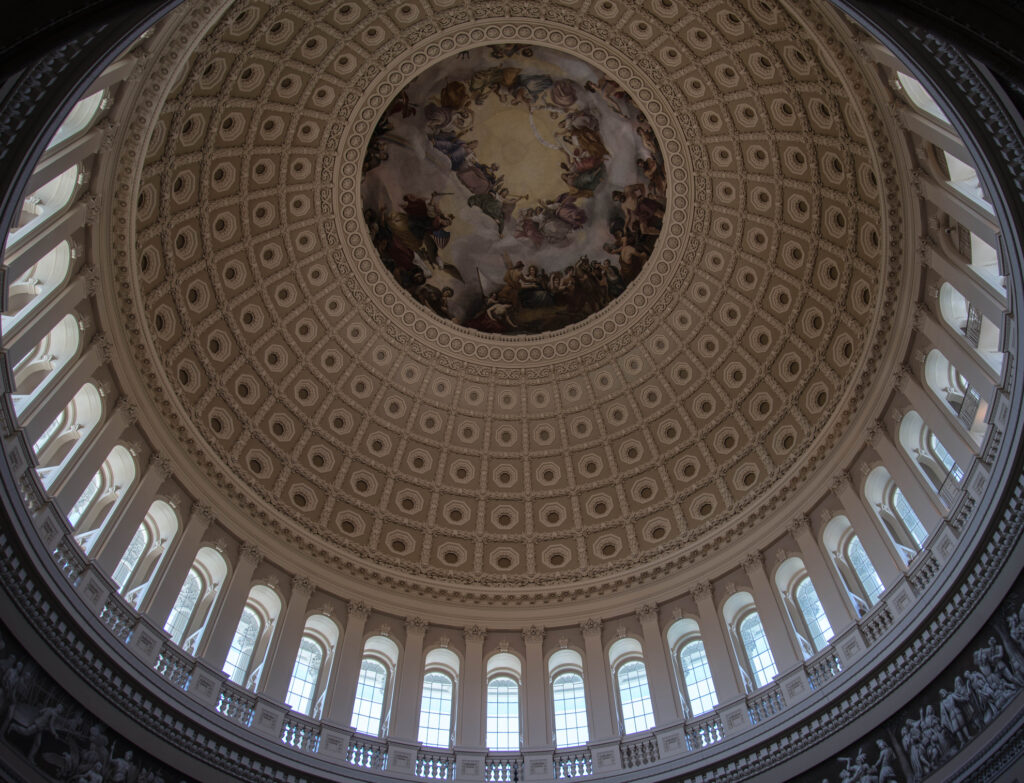Strategic Challenges Persist As Female Candidates Set Records
In 2018, 356 Democratic women ran for the House compared to a previous high of 191. The party then matched that record in 2020. Republicans had their record-setting cycle that same year, when 227 Republican women ran for a House seat — a 74.6 percent rise from the previous high.

Image Credit: WendyOlsenPhotography
Consultants should encourage female candidates to be true to their authentic stories on the campaign trail if they want their clients to connect with voters. That’s the message from Debbie Walsh, who directs the Center for American Women and Politics at Rutgers University (CAWP).
“I think what we saw in 2018 was women who ran very much with their humanity out there. Women with young children — seeing their young children, not having to hide them away for fear that someone would say, ‘If I vote for you, who’s going to take care of your kids?’
“We saw women talking about their own student loan debt and their family history with domestic violence or homelessness. Women really ran with their full selves [on display] and I think voters connected to that.
“I think it made those women candidates more accessible to voters and it made voters believe that these women would understand the lives that they have. I think that matters. I’m hopeful that will continue.”
In the past, she said, female candidates have been constrained, in some ways, by consultants “who want to follow the conventional wisdom.” That’s hindered female politicians from being “authentically who they are.”
She pointed to Hillary Clinton’s campaigns in 2008 and 2016 as examples of how strategy has evolved when it comes to marketing female candidates. During her first campaign, Clinton avoided talking about being a woman running for the highest office, whereas that was a central theme of her second run for the White House.
Now, we’re seeing “a different way of campaigning for women. Women having a bit more latitude as candidates,” said Walsh, who manages leadership and campaign training programs for female candidates. “Women increasingly are running more authentically and [are talking] more honestly about their lives — seeing it as an asset and not as a negative. That will serve women candidates well.”
CAWP tracks the number of women running for federal office. In 2018, 356 Democratic women ran for the House compared to a previous high of 191. The party then matched that record in 2020. Meanwhile, Republicans had their record-setting cycle that same year, when 227 Republican women ran for a House seat — a 74.6 percent rise from the previous high.
Walsh said it’s too early to tell if 2022 will be another record-setting year, but she is eyeing the fields in gubernatorial contests.
“In a year where 36 governorships are up, that is a level of office where we have yet to crack the record of nine [women serving as governor],” she said. “We’re at that number now for women serving, but it’s a record that was set many years ago and we still haven’t beaten that record so we are looking to the gubernatorial level as another place where we hope there will be real opportunity.”
One thing that is certain: Even in an environment where a record number of women are running for office, they still face scrutiny that’s distinctly different than their male counterparts.
Campaign teams still need to be prepared for rocky treatment by both the press and opponents: “Their appearance is scrutinized in a different way, how they say what they say, whether they smile enough or don’t smile enough, their voices, all of this kind of scrutiny is problematic for women,” said Walsh, who added that fundraising can also be a challenge for female candidates.
“I hope that as we move into this next election cycle some of this will abate.”
